Lot 152 Proposed Road, Gillieston Heights, Nsw 2321
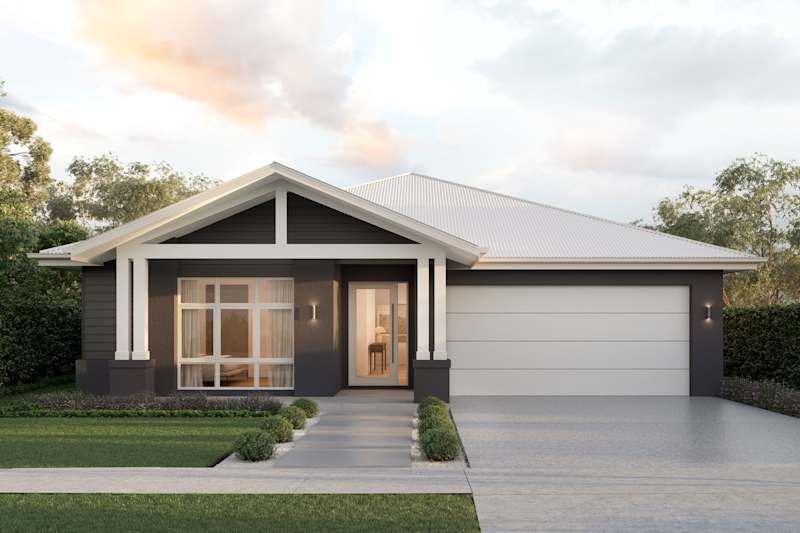
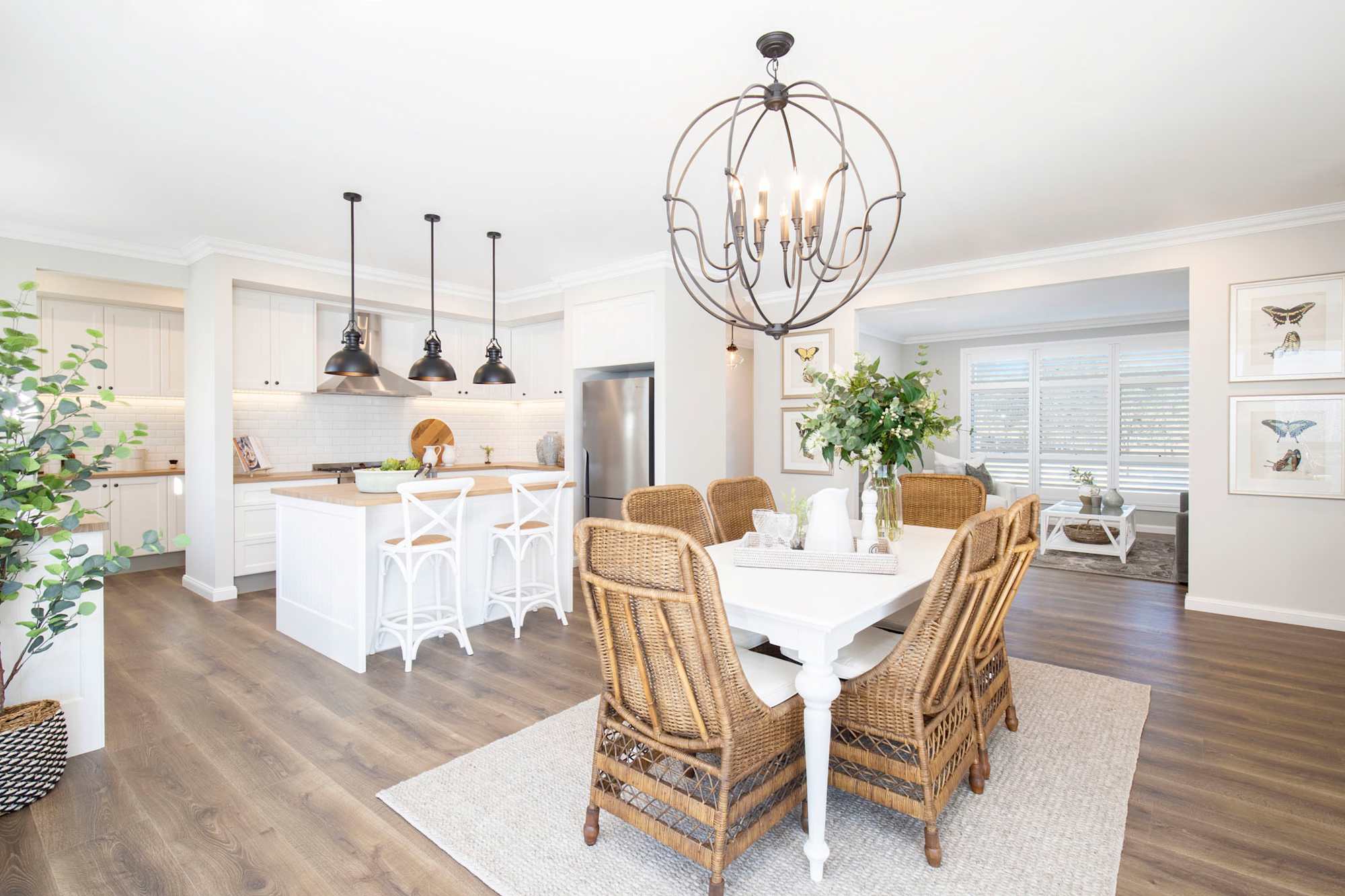
At Mojo Homes, we encourage you to ask as many questions as you can think of, and our team of experts will be there to help answer them every step of the way.
To get started, we’ve put a list together of frequently asked questions, to arm you with as much information, tips and insight to better assist your decisions and choices made during the new home building journey.
Mojo Homes do everything we can to make the process easy for you – after all, we’re proudly supported by NEX Building Group, who has been building beautiful, architecturally designed homes for more than 35 years. We want to ensure your journey is both smooth and enjoyable, so we hope this list will answer some of the questions you already have written down or come across as you begin your journey. We’re excited to help you get started!
And we always love talking to our customers in person! Please call us 1300 006 656 or visit us at one of our display locations and one of our New Homes Consultants can help you with any other questions you may have.
If you can afford to rent, you can afford a new home! If you’re after a good deal, check out our great value House and Land packages with loads of luxury inclusions. Plus, all of our Mojo customers have exclusive access to MyChoice Home Loans, where our expert team can offer you specialised home loan options, by customising construction loans that best suit your needs with lower than average interest rates.
It depends on the size of your home build, the type of land you’re building on and the inclusions you have selected. Other aspects include weather conditions throughout your build and shut down periods over the holidays.
Some say buying is more affordable than building a new home, but you have to do your research on the existing house, especially if it’s an older home that may require improvements. If you’re up for renovating and can picture your life like an episode of The Block, then that might be the best solution for you however buying an established home may need both structural and cosmetic adjustments, like fixing foundations, painting walls, installing new appliances and building materials... the list goes on and can take time (and additional money).
Building new offers flexibility. From selecting a design that best suits your family, customising rooms and choosing a facade that has serious street appeal. You can spend less on replacements and reno’s and save on energy bills with energy efficient appliances and solar. Best of all, you can find more joy in the home of your dreams with everything you need, and more.
Remember, building a home vs buying a home isn’t just about money, it’s also about time and achieving the outcome that you want, in the location that you desire to live in.
Conveyancing is the process of transferring the legal ownership of a property from one person or entity to another. Mojo Homes partner with MyChoice Conveyancing, our in-house firm, to offer you a quicker and simpler way to secure your dream home.
Yes! Mojo Homes liaise with your local council / private certifier and take care of all approvals on your behalf.
A CDC stands for ‘Complying Development Certificate’ and is completed by a private certifier. A CDC approval can take up to 4-5 weeks, depending on your house type. If your development is not compliant to CDC, you will need to go through a DA approval process.
DA stands for ‘Development Approvals’ and can take a little longer, around 8-14 weeks. This approval is completed through your local council. Once a DA is approved, we then apply for a Construction Certificate (CC), which is completed through a private certifier. The CC can take up to 2-3 weeks. These approvals/certifications must be completed before we can move your build onto the ‘Construction List’.
Nope, we do all the dirty work for you. Leave the soil testing and any other testing or measuring to us.
Testing of the soil on your site will accurately classify the reactivity of the site and determine how strong the slab will need to be to cope with the constant swelling and shrinking of the soil underneath it. Read more on our soil class & site costs flyer, which can be found on our offers & resources page.
BASIX stands for ‘Building and Sustainability Index’ – it’s NSW’s energy efficiency rating scheme. Each new home in NSW has to reach a certain level of energy efficiency before it can be built, with BASIX working like a point score system.
Different parts of your home carry a rating that either gives you points or deducts points… so you subtract and add until you get to the right level, and then you get a green tick on a certificate that we send to council or your private certifier as part of the approval application process.
Most homes these days have a small water tank at the side of the home that catches rain water from the roof which then goes back into the home to use for things such as toilet flushing, washing clothes and watering your garden. This is one of the most influential parts of the BASIX scheme that you will notice.
Registered land means your block of land is now approved to build on and an application to build your home can be submitted to your local council or private certifier.
This is land that is part of a sub-division or master-planned community which is divided up into individual lots. This land is unregistered until the developer completes the work that’s required to create individual lots. This must be approved by council and the plans need to be sent to Land Registry Services for each individual lot to then be registered.
This can take a while to do and often the contract will specify in a clause that the developer has 12-18 months to complete this. We cannot begin any pre-construction approvals (DA/CDC/CC) until your land has been registered and you have ownership of it in place.
Stamp duty is a tax charged by the Government. It’s a revenue levied by all states on transactions including the sale of property. The amount of stamp duty you pay will vary depending on the value of the property you intend to buy and is determined by your state’s regulations.
It is worth noting that you would only ever pay stamp duty on the land component of your build, not the new-home itself.
It is your personal preference with regards to what finishes you would like for your home, however there may be instances where this may be dictated by any Developer Guidelines specific to your land estate.
At no additional expense, Colorbond® is water and air-tight and also has a 55ml anticon roofing blanket which helps with insulation. We also offer Sarking to roof tiles, which sits under your roof tiles and acts as a protective second skin, also helping with insulation.
This is completely up to your own personal preference for the finish of your home, and what appeals to you - we offer a number of ranges and colours of bricks, alternatively you may prefer a rendered finish to Hebel.
With no cost difference between the standard ranges/colours, Hebel is known for its improved thermal rating however Mojo Homes offer the same insulation across both products. Visit Hebel or Austral Bricks to find out more.
Yes you can!
Most picture frames and lighter items can be adequately supported by a variety of commonly available plasterboard anchors fixed straight to the wall/gyprock. Be sure to use a fitting that is approved for gyprock and check the weight capacity.
Heavier items, such as TVs or shelving can be drilled and screwed directly into the studs and the studs can be easily located with a magnet or stud finders, which are readily available from hardware stores. You’ll need to use a fine point screw, then fix into the stud and secure well (pilot hole is not required).
A range of stud finders are readily available from hardware stores. The basic versions detect metal studs through up to 19mm of plasterboard and have a visual/audio alert when in proximity to live 240V cabling.

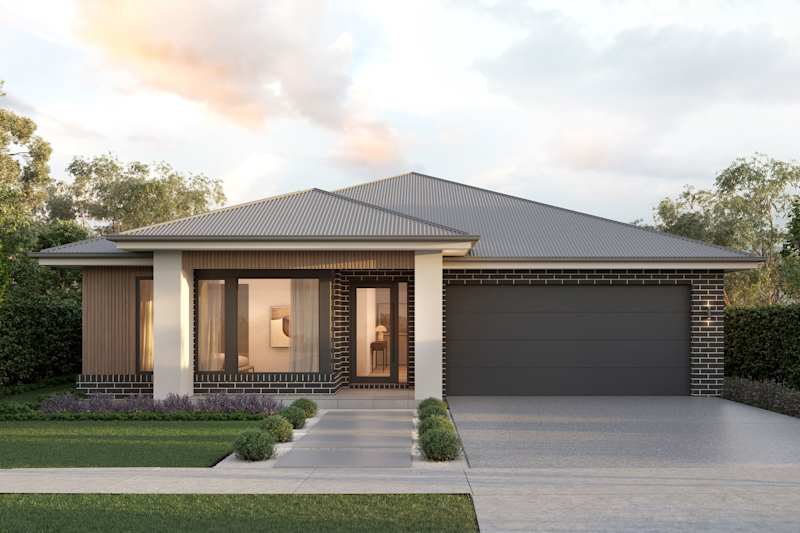
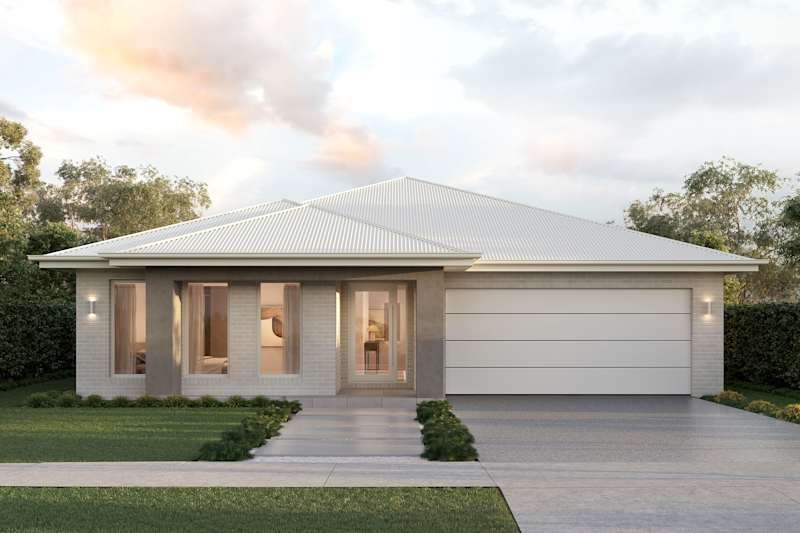
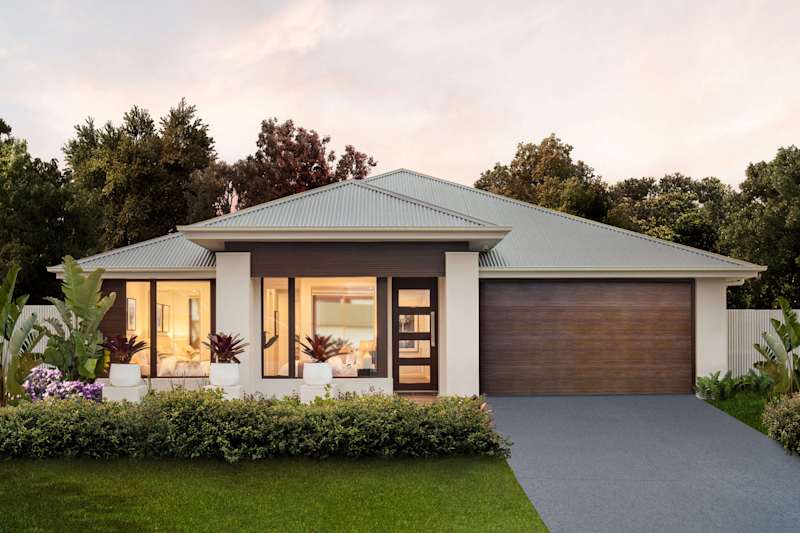
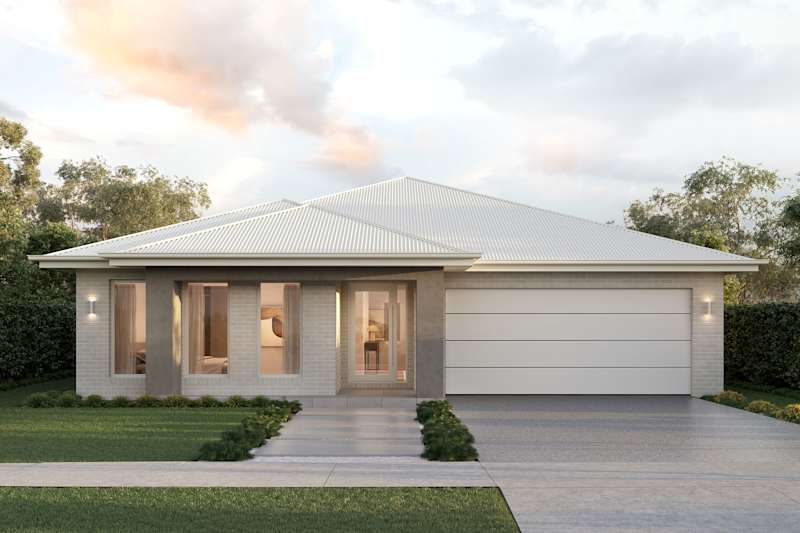
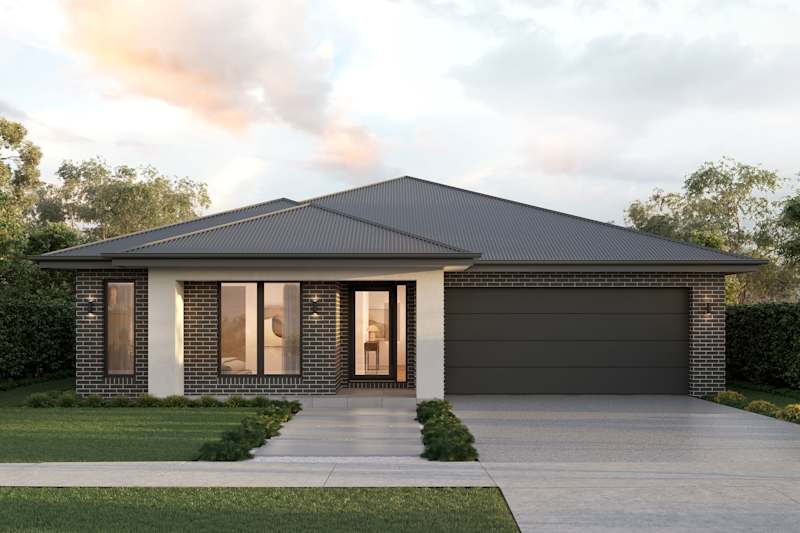
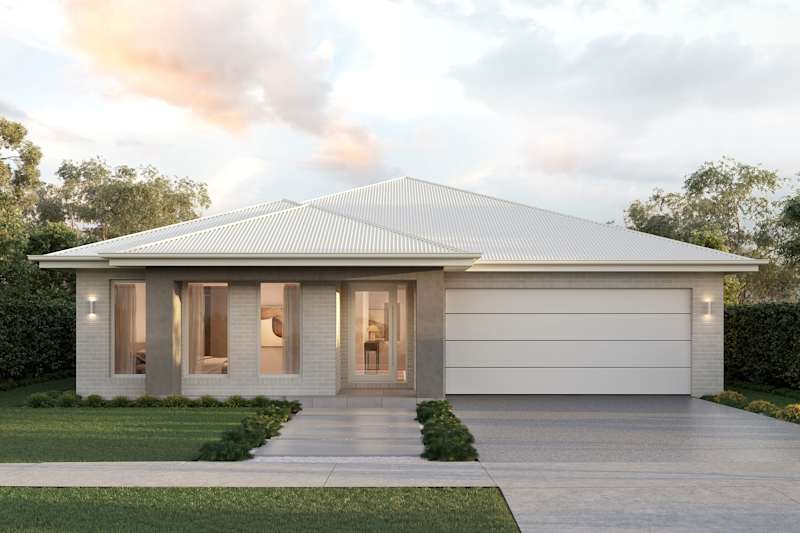
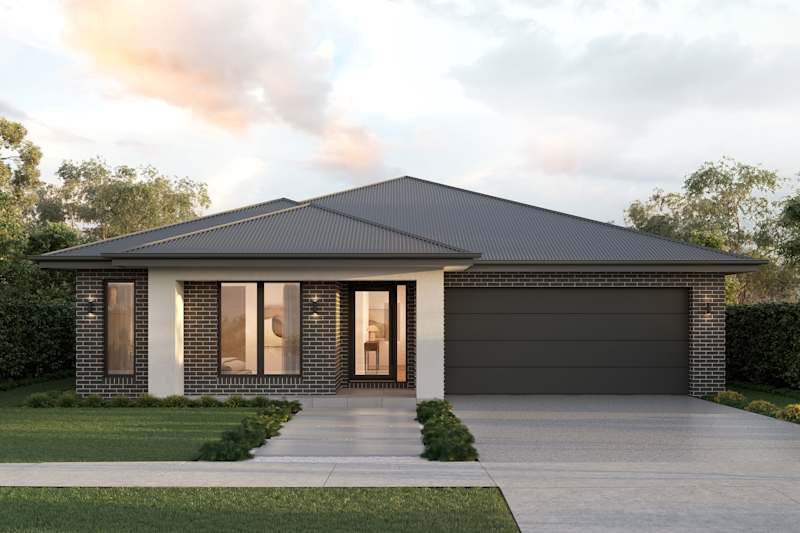
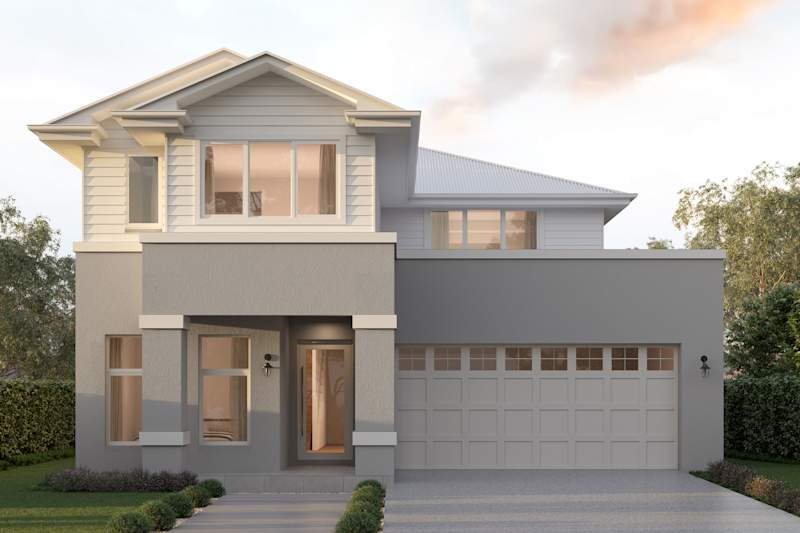
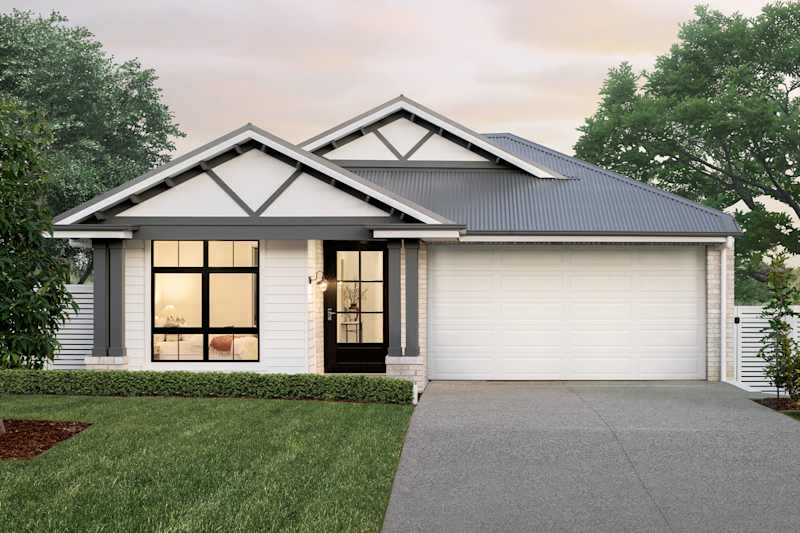
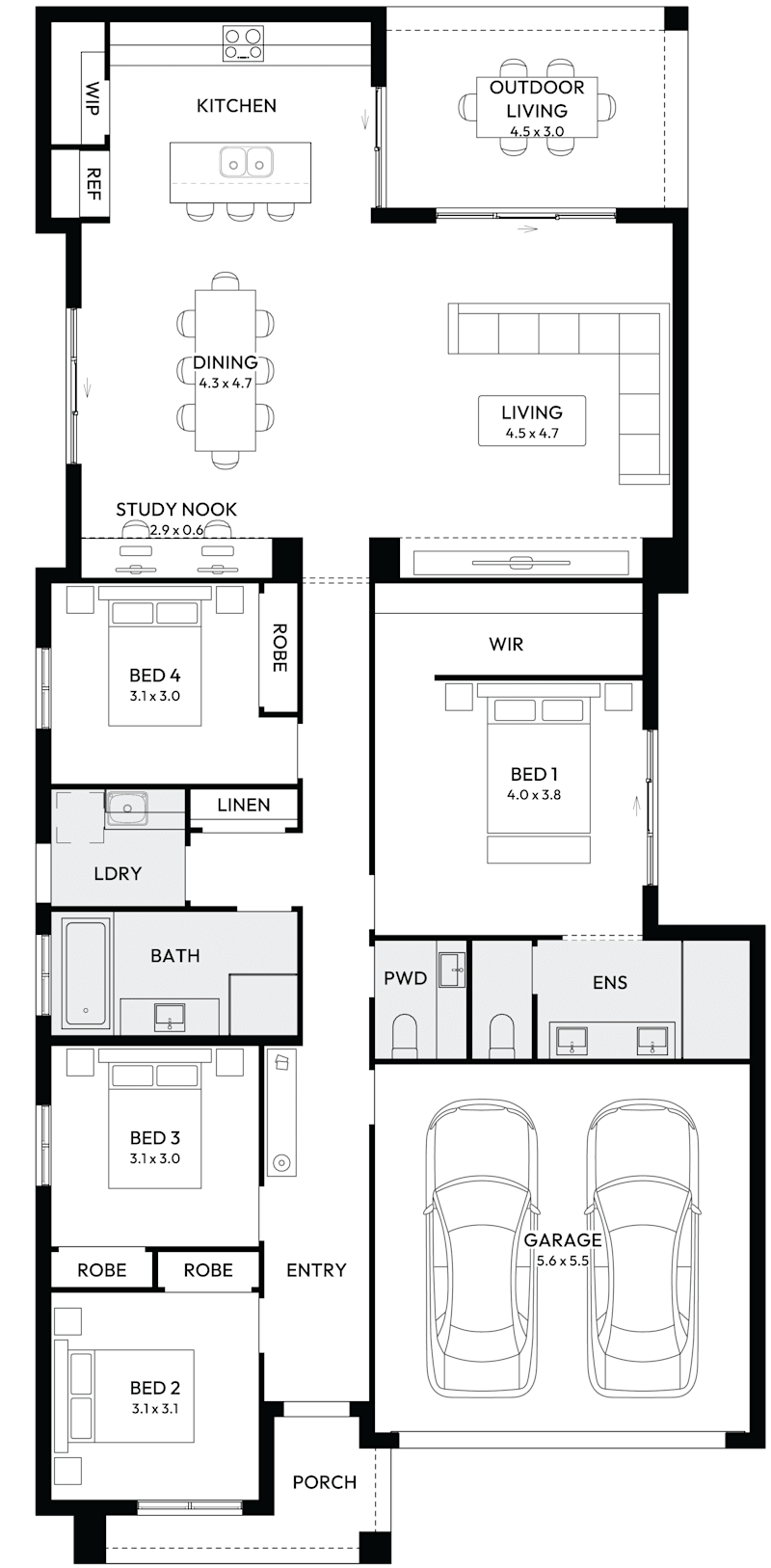
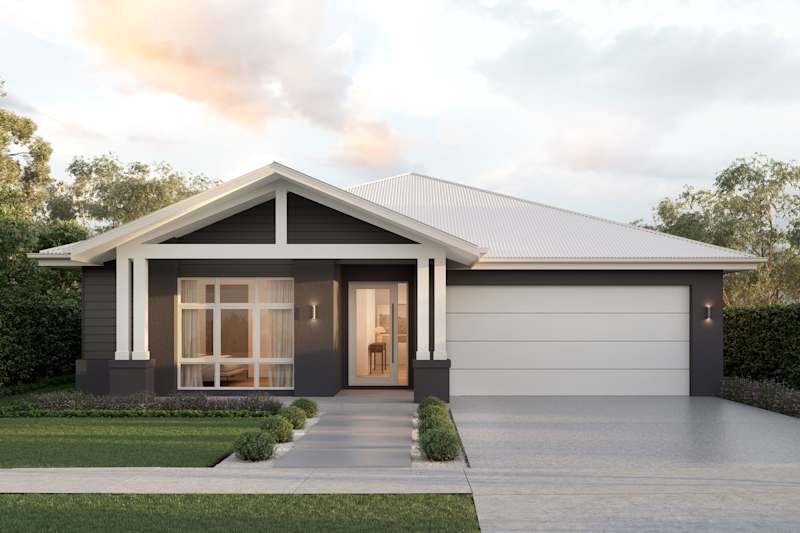
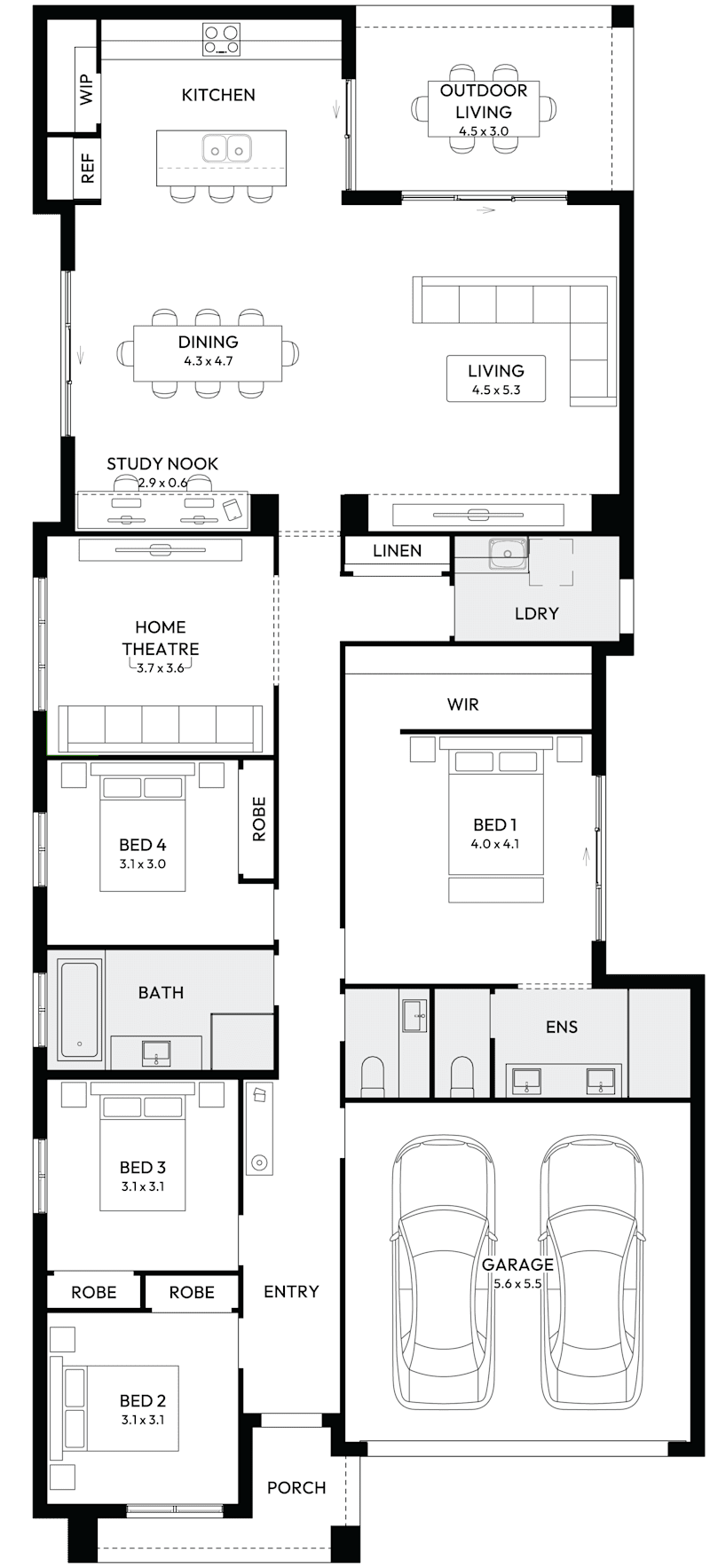
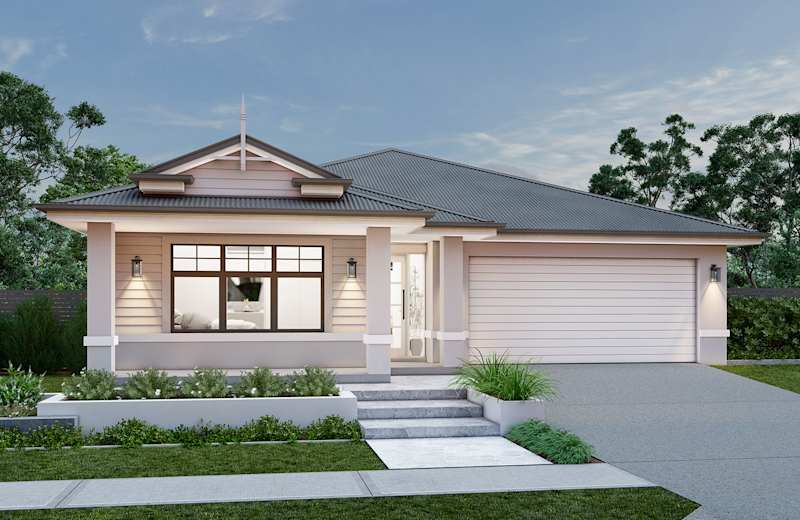
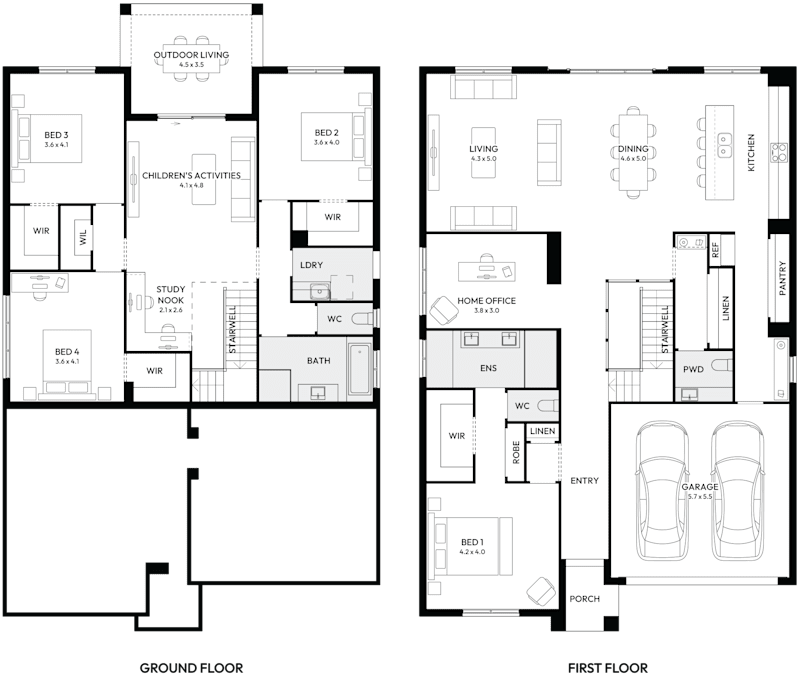
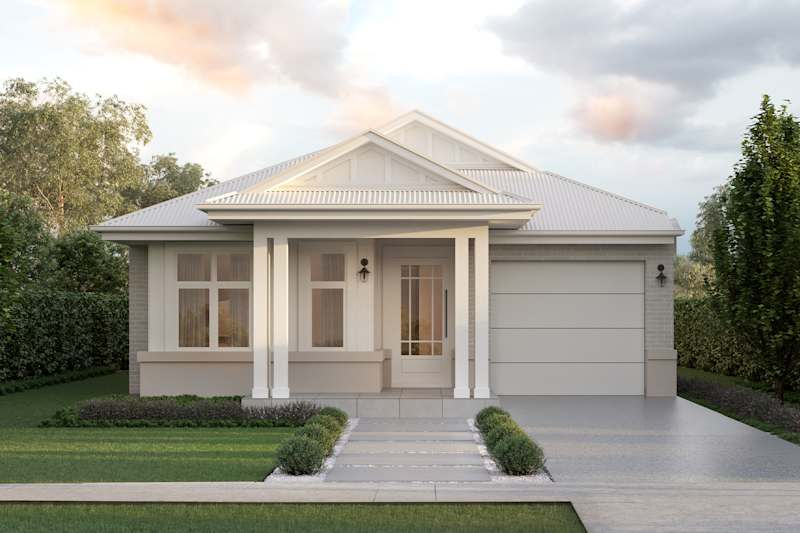
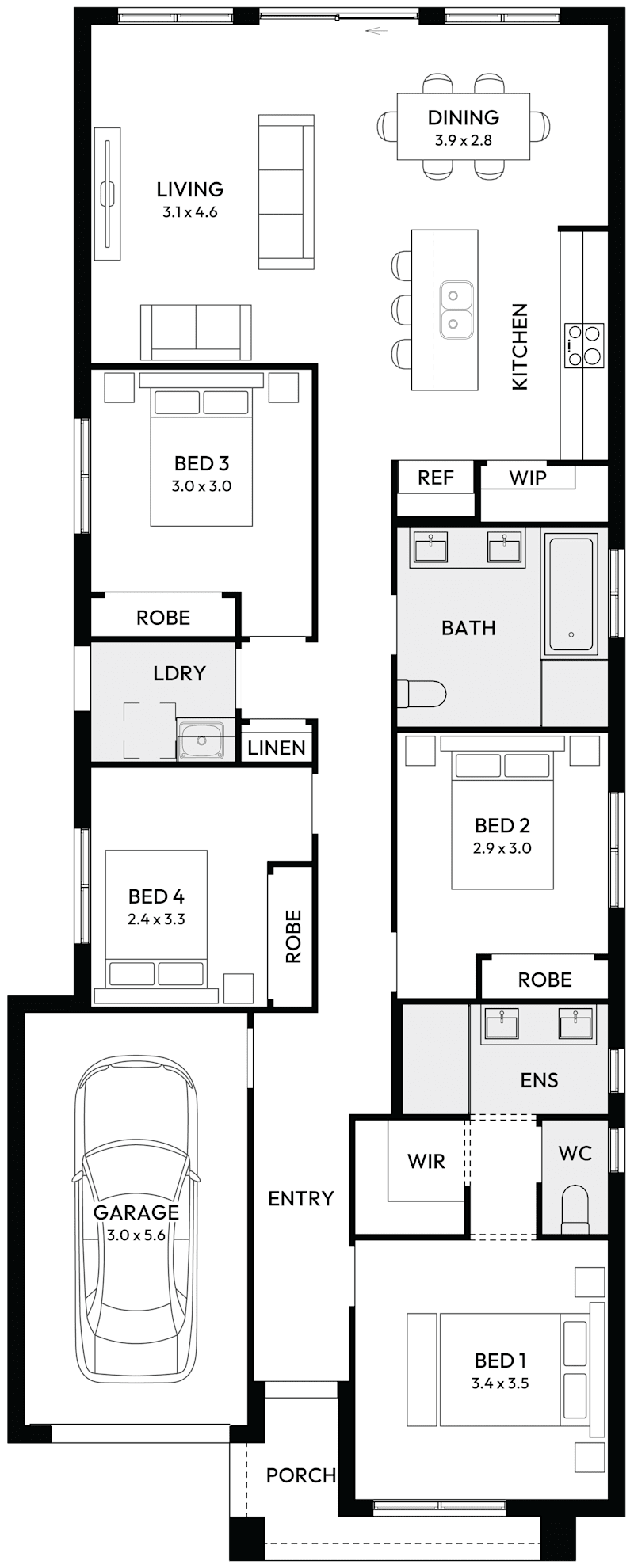
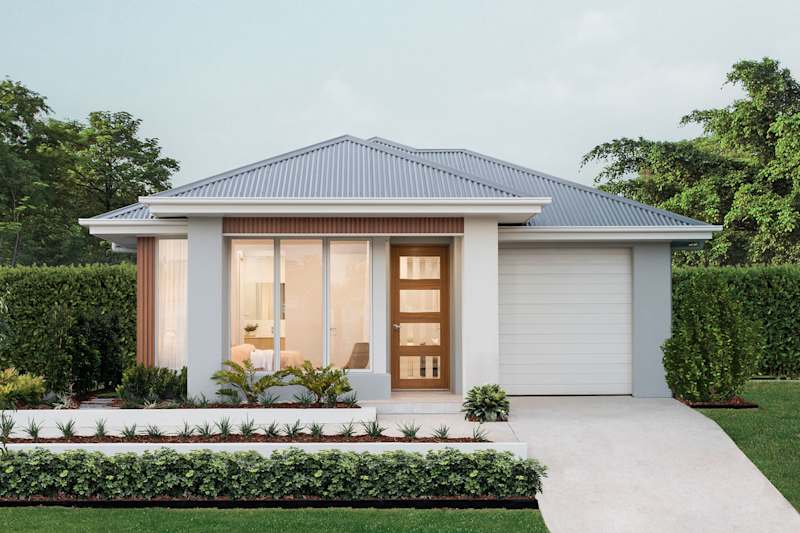
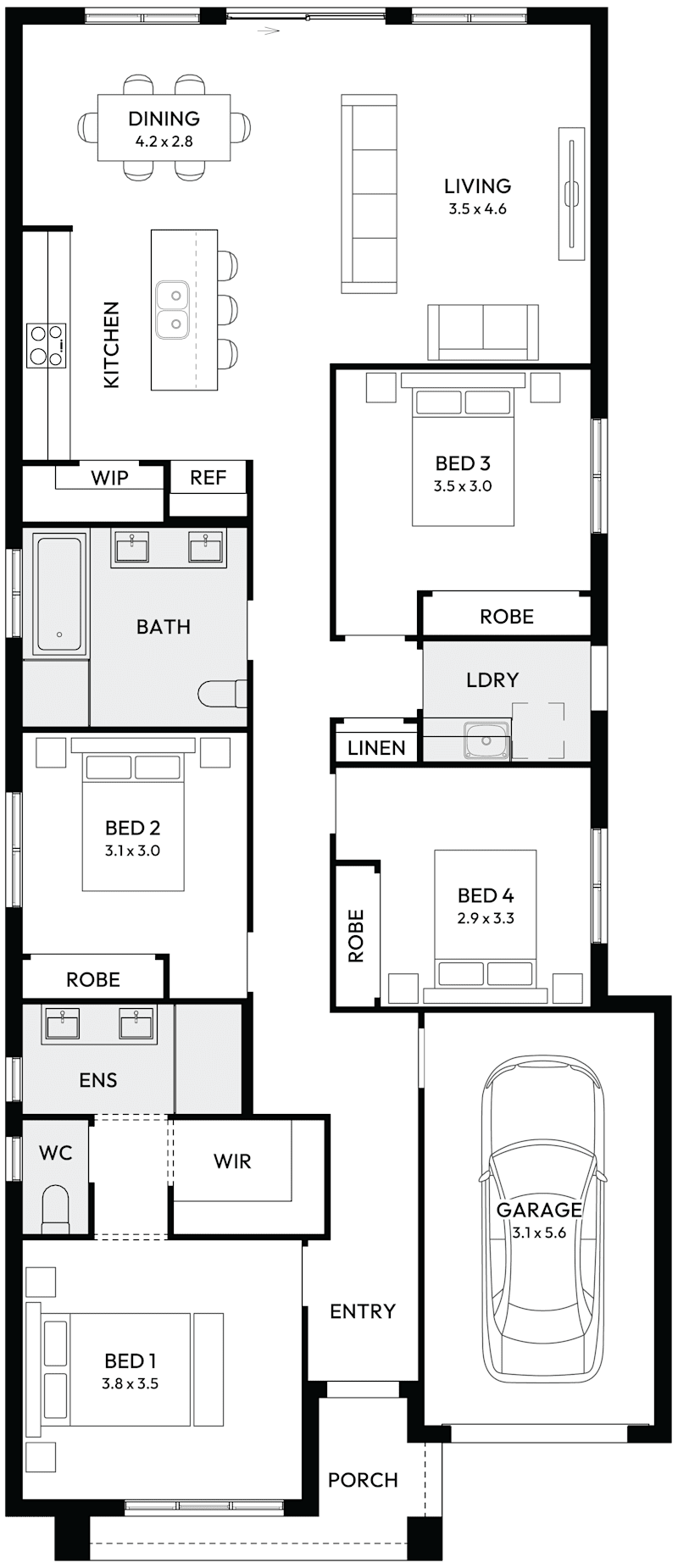
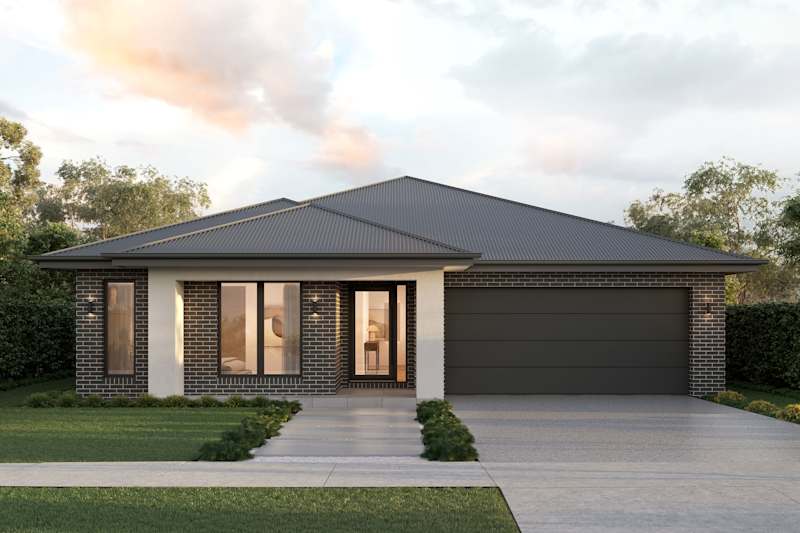
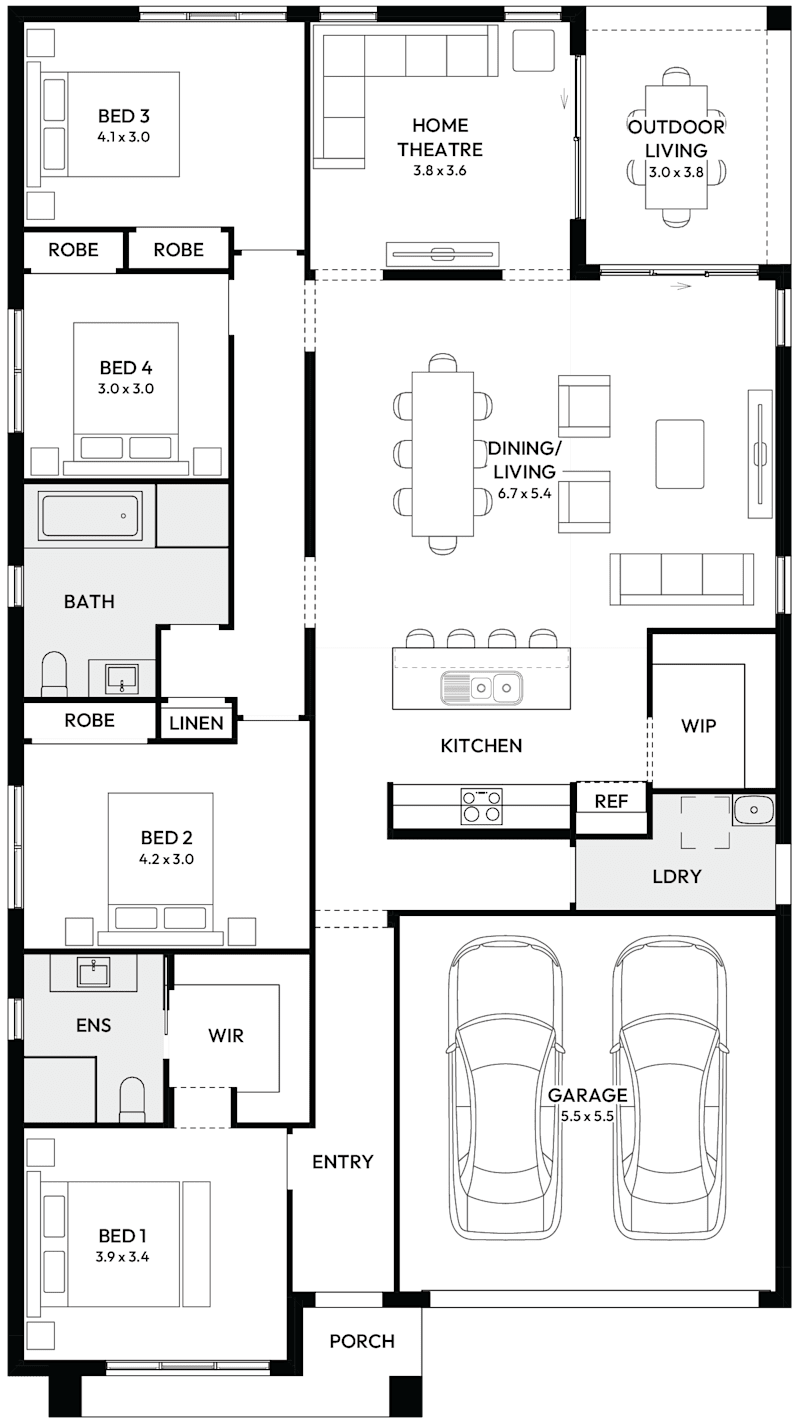
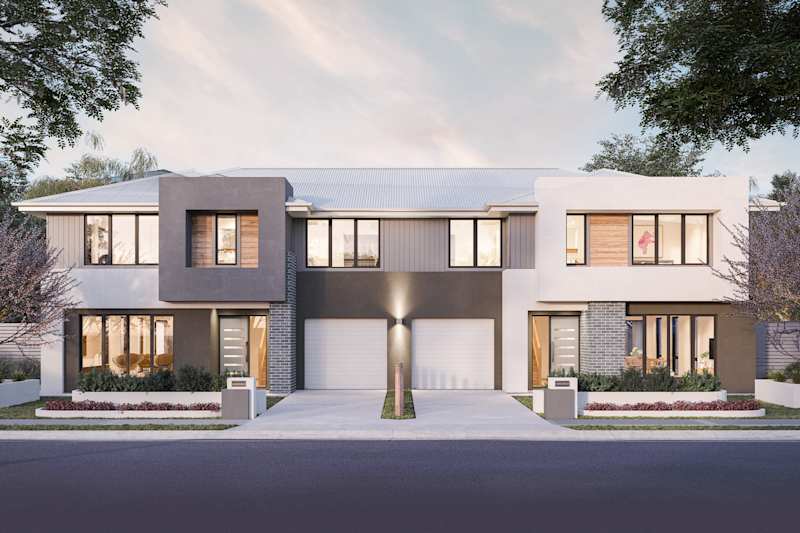
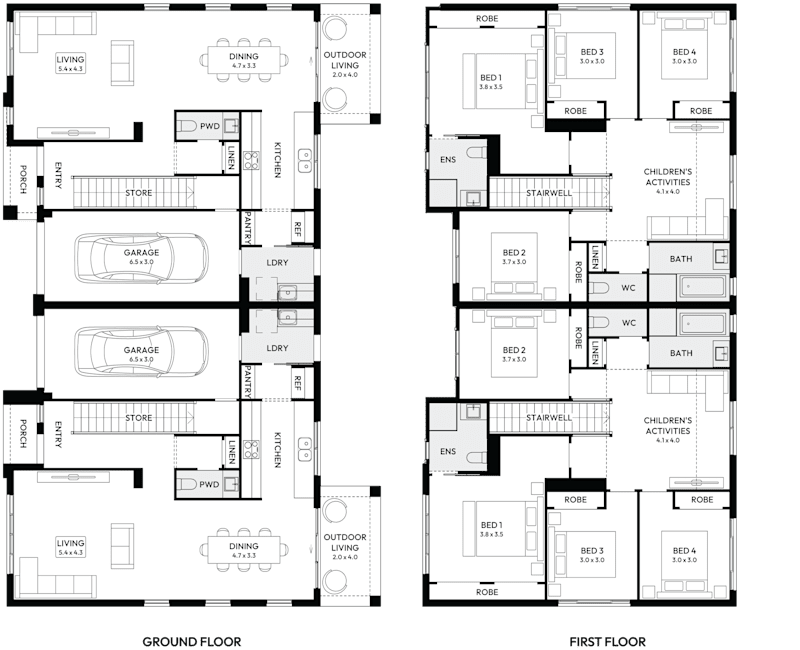
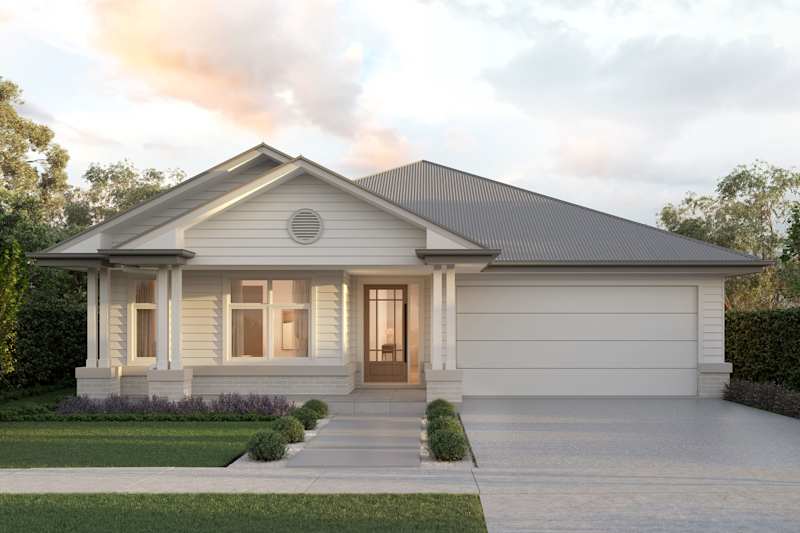
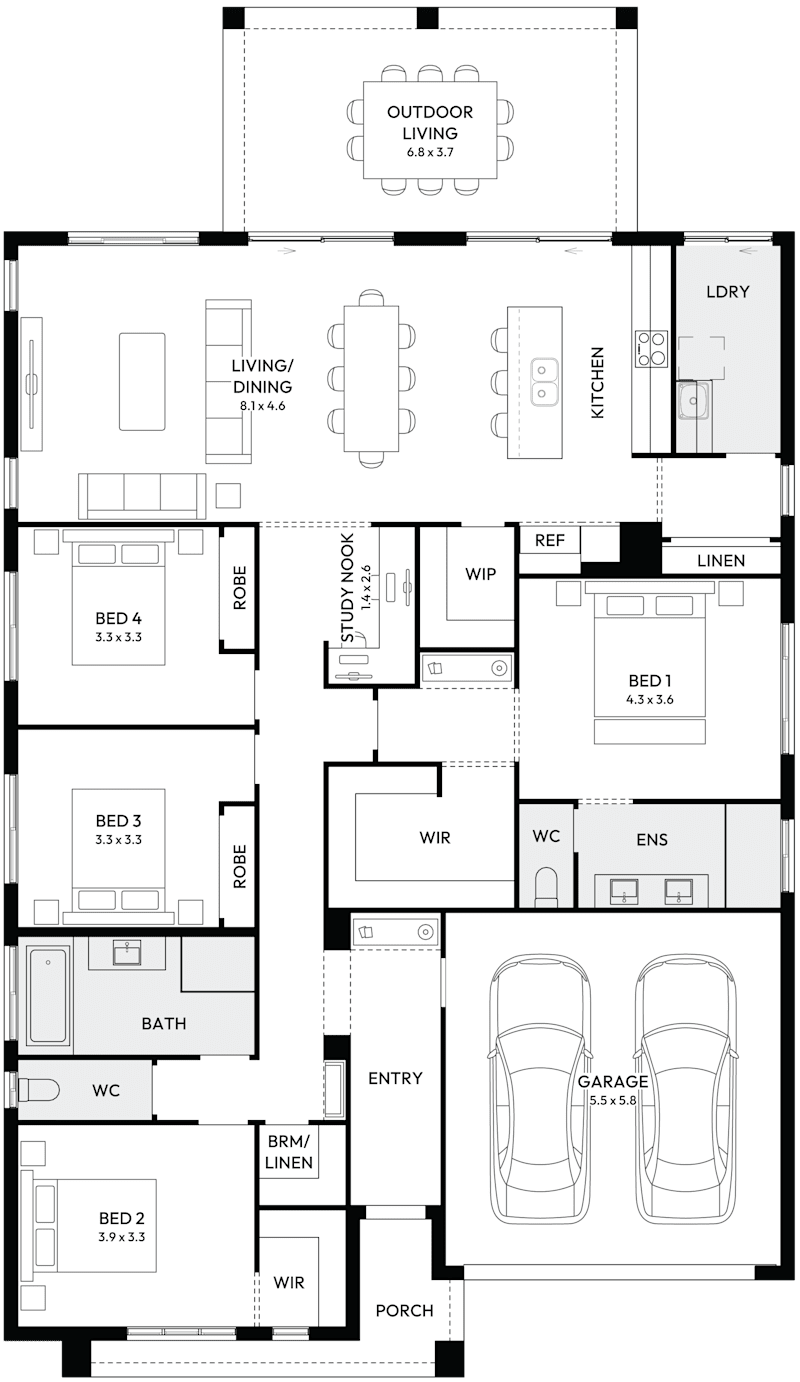
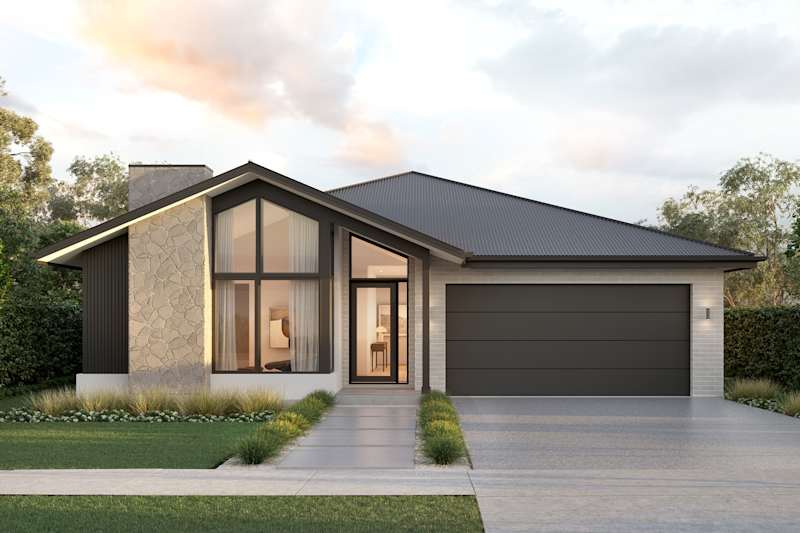
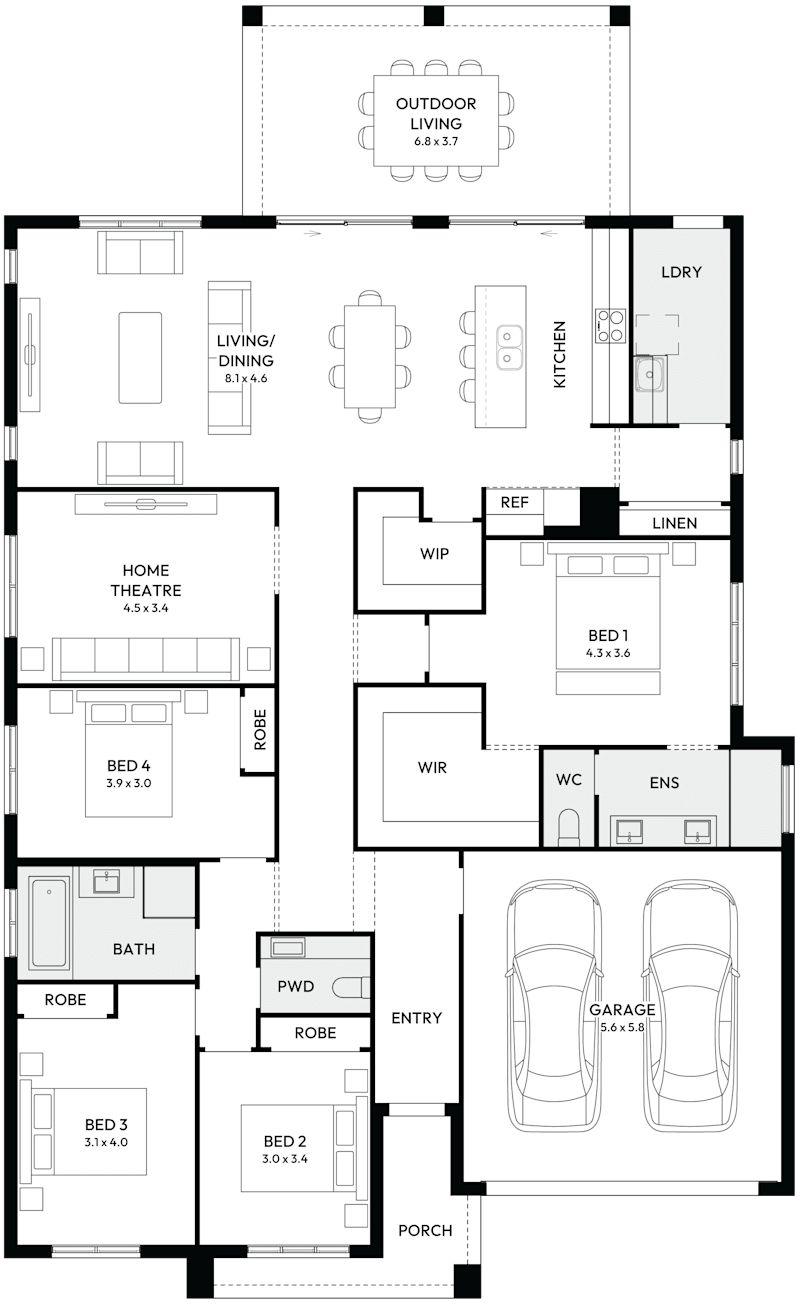
Find your perfect Mojo home by applying filters that match your unique design taste and lifestyle.
Log in to your MyMojo account and pick up where you left off.
With a MyMojo account, you can save and compare your favourite home designs, shortlist display homes you want to visit, and keep track of the house and land packages that catch your eye. You can also store your top blogs and inspiration images, floorplans, facades and promo options - all in one place.
A MyMojo account allows you to keep track of your favourite homes and house and land packages plus save your favourite images and articles to your own personal mood board to discover your style!
You can also save your chosen home design and your specific selections for later so you can discuss your options with your family and friends, make further changes if needed or compare with other designs. When you're ready talk to one of our friendly New Home Consultants to get your building journey started.
Please select your desired build region so we can personalise your content.